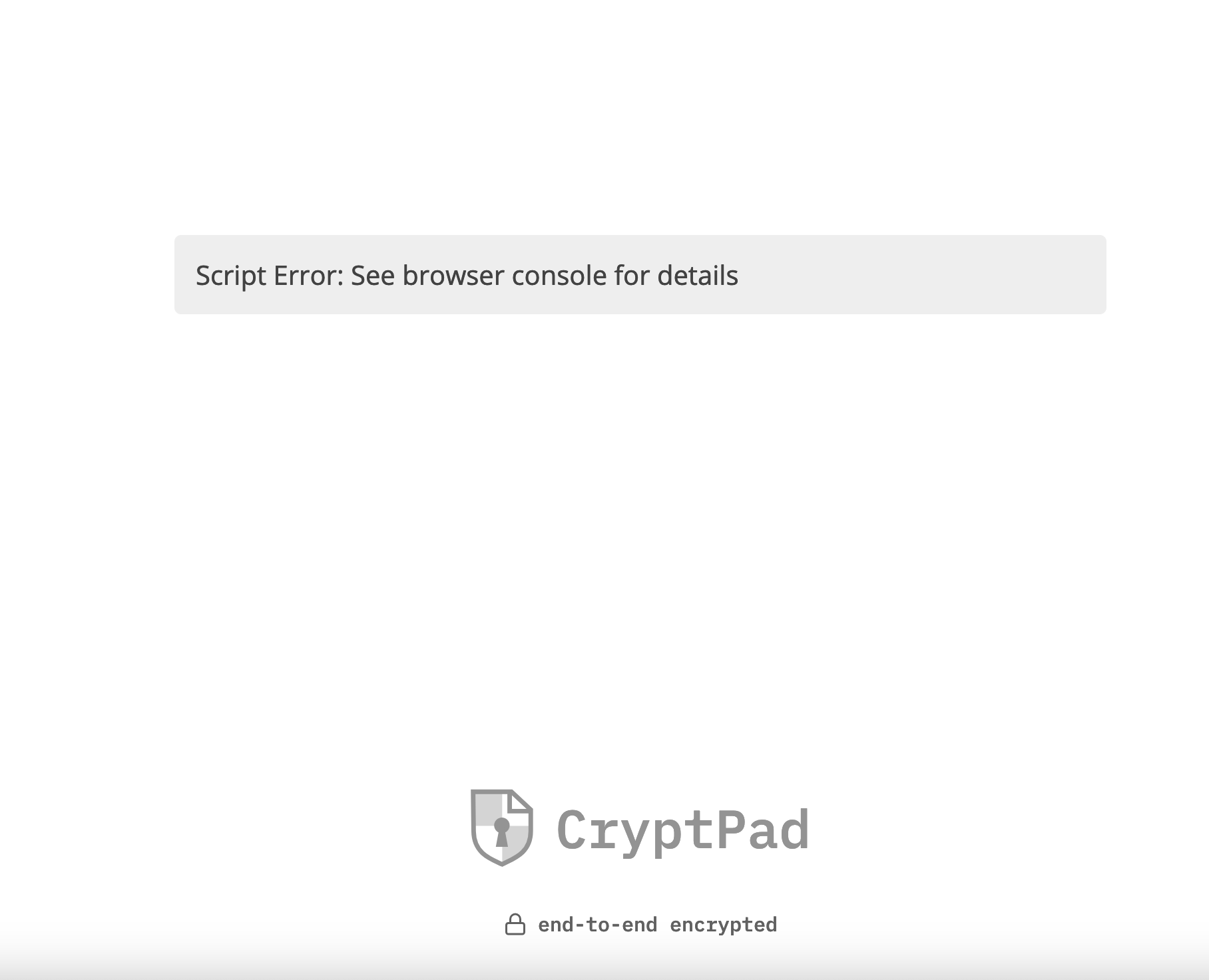[1.28.0]
Update ctfreak to 1.38.0
Full Changelog
Secret encryption: sensitive fields (credentials, API tokens, webhook secrets, OIDC client secrets, SMTP passwords, license key) can be encrypted with AES-256-GCM in the backend database (BUSINESS Edition licence or higher is required)
Ntfy integration is now defined at the project level (service URL and access token), aligning with other third-party integrations (GitHub, Jira, Linear, etc.)
Memory allocation optimizations for list retrievals
License compatibility checks now distinguish between backend database incompatibility and encryption type incompatibility


